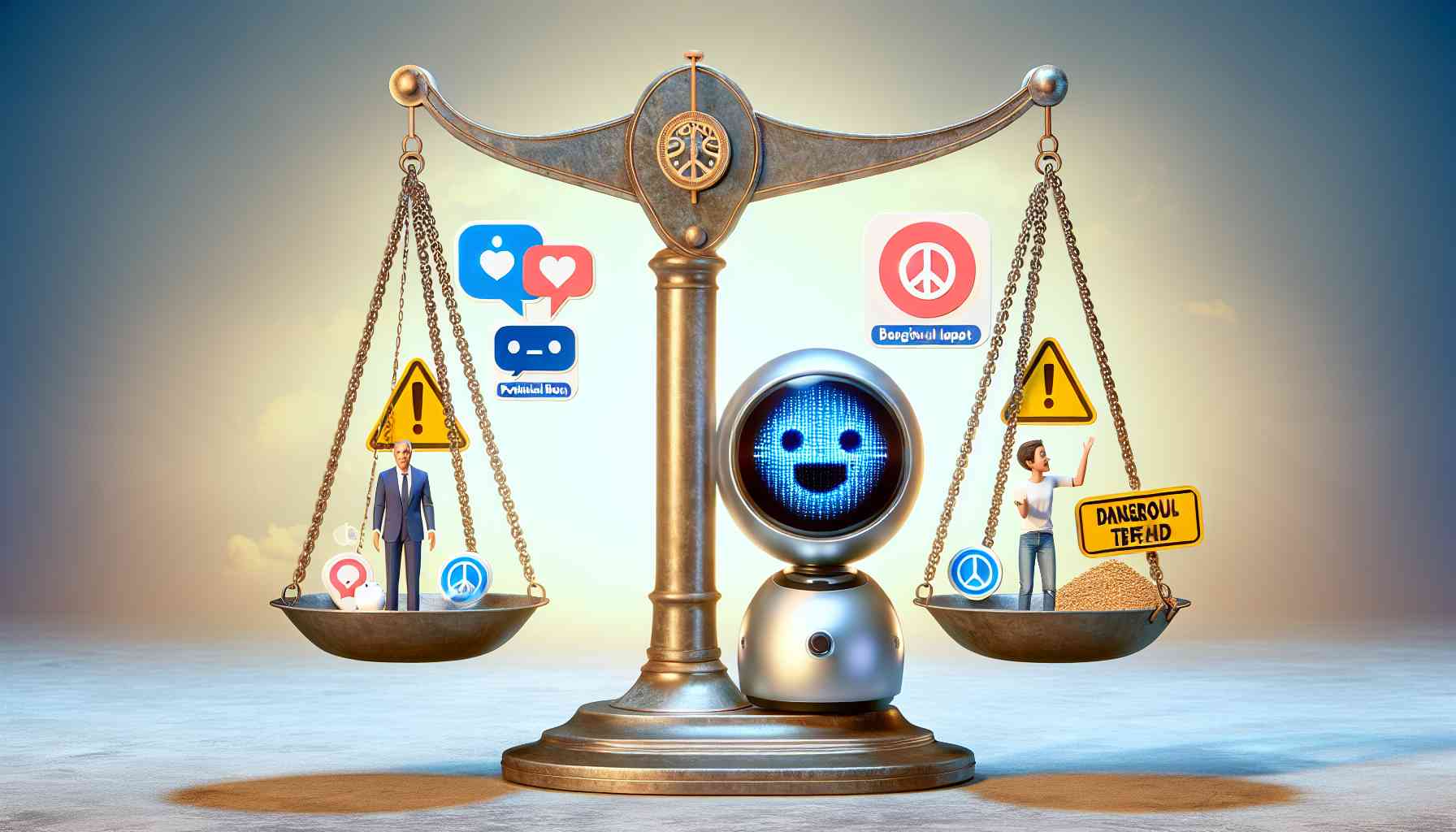The launch of the GPT Store by OpenAI has opened up a new frontier in the availability of mental health chatbots. While this may seem like a convenient solution for those seeking guidance, there are significant concerns surrounding the quality and safety of this approach.
Previously, individuals were able to create their own GPT chatbots, but the reach was limited to their personal network. With the advent of the GPT Store, these self-designed chatbots can now be shared with millions of people, amplifying the potential impact, for better or for worse. However, the ease of creating and sharing these chatbots raises important questions about the expertise and credibility of those behind them.
It is not surprising that many of these readily devised chatbots focus on mental health advice. With the increasing emphasis on the importance of mental health, and the perceived fluency of generative AI technologies like ChatGPT, it is natural for individuals to assume that these chatbots can provide meaningful guidance. However, the reality is that the vast majority of these chatbots have not undergone rigorous scrutiny or evaluation to determine their effectiveness.
One potential concern is the motivation behind creating these chatbots. While some may be driven by a desire to genuinely help others, there is also a financial incentive at play. OpenAI has hinted at a monetization scheme for the GPT Store, where creators would receive a portion of the fees generated when their chatbots are used. This can lead to a flood of chatbots in the marketplace, with creators hoping to strike it rich by providing mental health advice.
The lack of regulation and oversight in this arena is glaring. Unlike traditional therapy chatbots that undergo rigorous development processes and validation through randomized control trials, these self-created chatbots lack proper scrutiny. There is no guarantee that the advice being provided is accurate, safe, or appropriate for individuals who may be in vulnerable mental states.
As we navigate this new landscape, it is crucial to approach mental health chatbots with caution. While they may offer convenience and accessibility, their effectiveness and safety are yet to be established. As users, it is crucial to critically evaluate the credibility and reliability of these chatbots before relying on their advice. Only through responsible usage and thoughtful regulation can we mitigate the potential risks and maximize the benefits of this emerging trend.
The source of the article is from the blog maestropasta.cz

